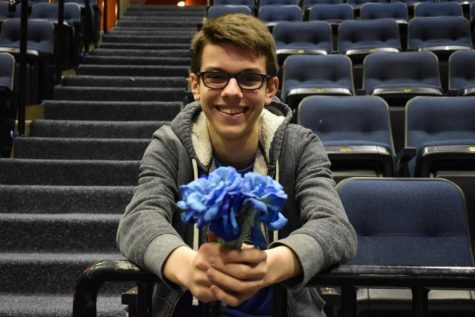

“Their histories don’t start at slavery,” she said to applause. That will hurt her “black and brown students.” Earlier history will be covered in an untested pre-AP course.Īt an open forum in Salt Lake City, Utah, AP history teacher Amanda DoAmaral argued in a videotaped exchange with Trevor Packer, senior vice president of advanced placement and instruction at the College Board, that if the content is not tested, teachers won’t teach it. “What we do have control over is to stay on the path that AP has always been on and ensure that AP reflects the core concepts required for college credit in each discipline.So beginning in the 2019-2020 school year, AP World History will test content from 1450, the expansion of European power, through the present time. “We as an organization have no control if current politicians want to take away or proceed to take away parental choice, or parental rights, or local control over whether or not a student enrolls in a particular elective AP course,” Packer said. Packer said that all topics required for AP courses were deemed so because they are fundamental or foundational to equivalent college courses that students could skip if they score high enough on their AP exams.



Within the past year, the College Board’s AP African American Studies course and AP Psychology course have appeared in headlines after Florida state officials banned the former and requested edits to the latter because of relatively new state legislation limiting how teachers can talk about race and gender in K-12 schools. He also hopes that the new AP African American Studies course will incentivize more Black students to take AP classes early on and continue to take them throughout their high school career in the same way some states have used AP Spanish as an incentive for Hispanic students. Every high school in the country will receive an evaluation as to whether their AP classrooms look like the demographics of their school, Packer said. This fall, the nonprofit is expected to unveil a new school recognition program. The second is addressing why Black students aren’t being enrolled at proportionate rates in AP classes. The first is onboarding a team with expertise in Native education to address a major disparity: Native American students are 20 percent less likely to have AP classes in their school than all other peers. Diverse representationĪs the College Board looks to diversify the students taking AP classes, Packer shared two particular initiatives.
#College board trevor packer world history free#
The nonprofit is working to offer free teacher training for districts who commit to offering more sections of AP classes to ensure more students have the option to enroll. In his interview with Education Week, Packer elaborated on that, sharing that College Board research has found one or two AP classes at most per year of high school is enough to prepare students for college. In July, at the AP annual conference in Seattle, Packer shared with AP teachers and school administrators in attendance a two-fold concern for the College Board: that a small percentage of American students were piling up AP classes on their schedules while a majority of their peers barely had access to limited AP seats. To catch up on what he said, here are four major takeaways from Packer’s conversation with EdWeek.


 0 kommentar(er)
0 kommentar(er)
